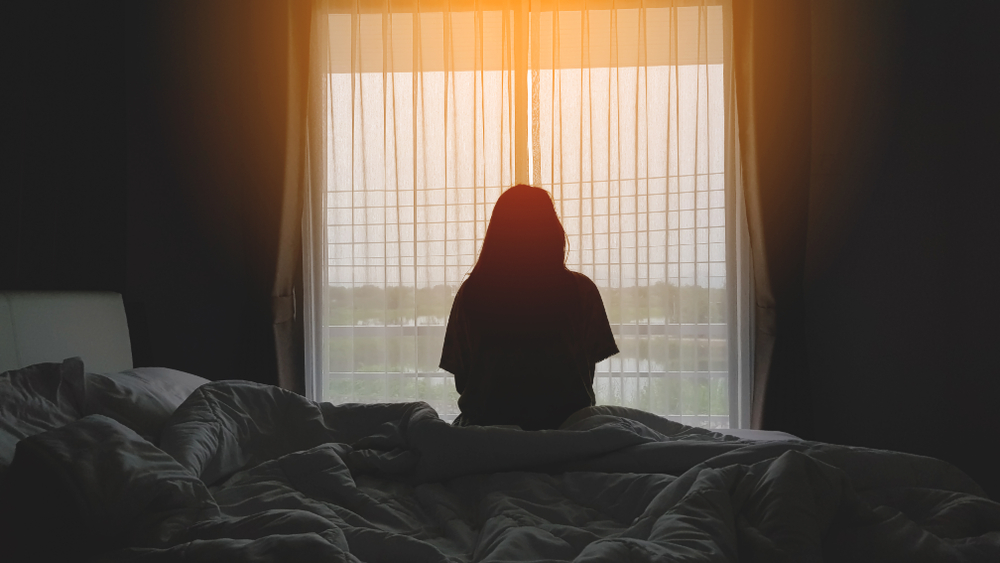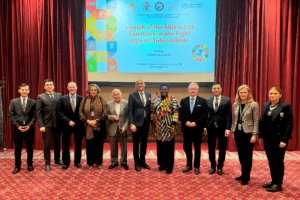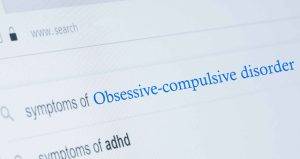In a landmark move, the World Health Organization (WHO) is tackling the global loneliness epidemic head-on with its new Commission on Social Connection.
Led by key figures in healthcare and advocacy, this initiative seeks to combat the detrimental health effects of social isolation. This has gained increased recognition in recent years. Loneliness is not merely a personal emotional struggle, but a global health priority demanding urgent attention and action.
On Wednesday, WHO announced the creation of the Commission on Social Connection, a comprehensive effort aimed at understanding, addressing, and ultimately alleviating the pervasive epidemic of loneliness.
Chaired by African Union Youth Envoy Chido Mpemba and U.S. Surgeon General Dr. Vivek Murthy, this commission will spend the next three years investigating the latest scientific insights. They will develop strategies to foster deeper social connections within communities worldwide.
This global loneliness epidemic is not just a personal issue but a major public health concern.
The Rising Tide of Loneliness
The global loneliness epidemic has been significantly intensified by the COVID-19 pandemic, underscoring the urgency of addressing this issue. According to a recent study, a staggering one in five individuals reported experiencing heightened loneliness during the pandemic. This statistic highlights the profound impact that the pandemic had on our collective sense of connection and well-being.
The implications of this rise in loneliness are far-reaching and demand immediate action. Loneliness is not just a fleeting emotional state; it has tangible consequences for both mental and physical health. Research has linked chronic loneliness to a heightened risk of anxiety, depression, and even suicidal thoughts. Moreover, it can contribute to the development of unhealthy habits such as excessive drinking, smoking, and a sedentary lifestyle.
The toll on physical health is equally concerning, with loneliness being associated with an increased risk of conditions like high blood pressure, stroke, and cognitive decline. Perhaps most alarmingly, some studies have equated the health impact of chronic loneliness to that of smoking up to 15 cigarettes a day, highlighting the severity of the issue.
What these findings underscore is that loneliness is not merely a personal struggle, but a public health crisis that necessitates immediate attention and intervention. As society grapples with the consequences of prolonged social isolation, addressing this rising tide of loneliness has become an imperative for the well-being of individuals and communities alike.
Loneliness Knows No Boundaries: A Global Health Concern
A misconception is that isolation and loneliness primarily afflict older individuals in high-income countries. However, these issues affect people of all age groups across the world. WHO Director-General Dr. Tedros Adhanom Ghebreyesus addressed the gravity of the situation, stating, “High rates of social isolation and loneliness around the world have serious consequences for health and well-being. People without enough strong social connections are at higher risk of stroke, anxiety, dementia, depression, suicide and more.”
The Commission’s Vision: Defining a Global Agenda
The WHO Commission on Social Connection is poised to shape a global agenda centred on addressing the burgeoning global loneliness epidemic. According to U.S. Surgeon General Dr. Vivek Murthy, “Given the profound health and societal consequences of loneliness and isolation, we have an obligation to make the same investments in rebuilding the social fabric of society that we have made in addressing other global health concerns, such as tobacco use, obesity, and the addiction crisis.” The commission’s work transcends individual health, recognising its far-reaching impact on education outcomes and economic well-being. African Union Youth Envoy Chido Mpemba emphasises, “Investments in social connection are critical to creating productive, resilient and stable economies that promote the well-being of current and future generations.”
This significant step by WHO represents a crucial move in addressing a silent crisis affecting millions worldwide. It signals a growing recognition of the importance of mental health and social connectivity in public health policy.
A Global Call to Action: Combatting Loneliness Together
The establishment of the WHO Commission on Social Connection marks a pivotal moment in the global fight against loneliness. The WHO’s initiative is a critical step in combating the global loneliness epidemic.
By emphasising the need for robust social connections, the commission hopes to address the far-reaching implications of loneliness. The commission not only challenges existing perceptions but also opens the door to innovative strategies and solutions.
References
- WHO launches commission to foster social connection. (2023, November 15). https://www.who.int/news/item/15-11-2023-who-launches-commission-to-foster-social-connection
-
Lee, C. M., Cadigan, J. M., & Rhew, I. C. (2020, November 1). Increases in Loneliness Among Young Adults During the COVID-19 Pandemic and Association With Increases in Mental Health Problems. Journal of Adolescent Health; Elsevier BV. https://doi.org/10.1016/j.jadohealth.2020.08.009














